Community Action for Safe Apartments
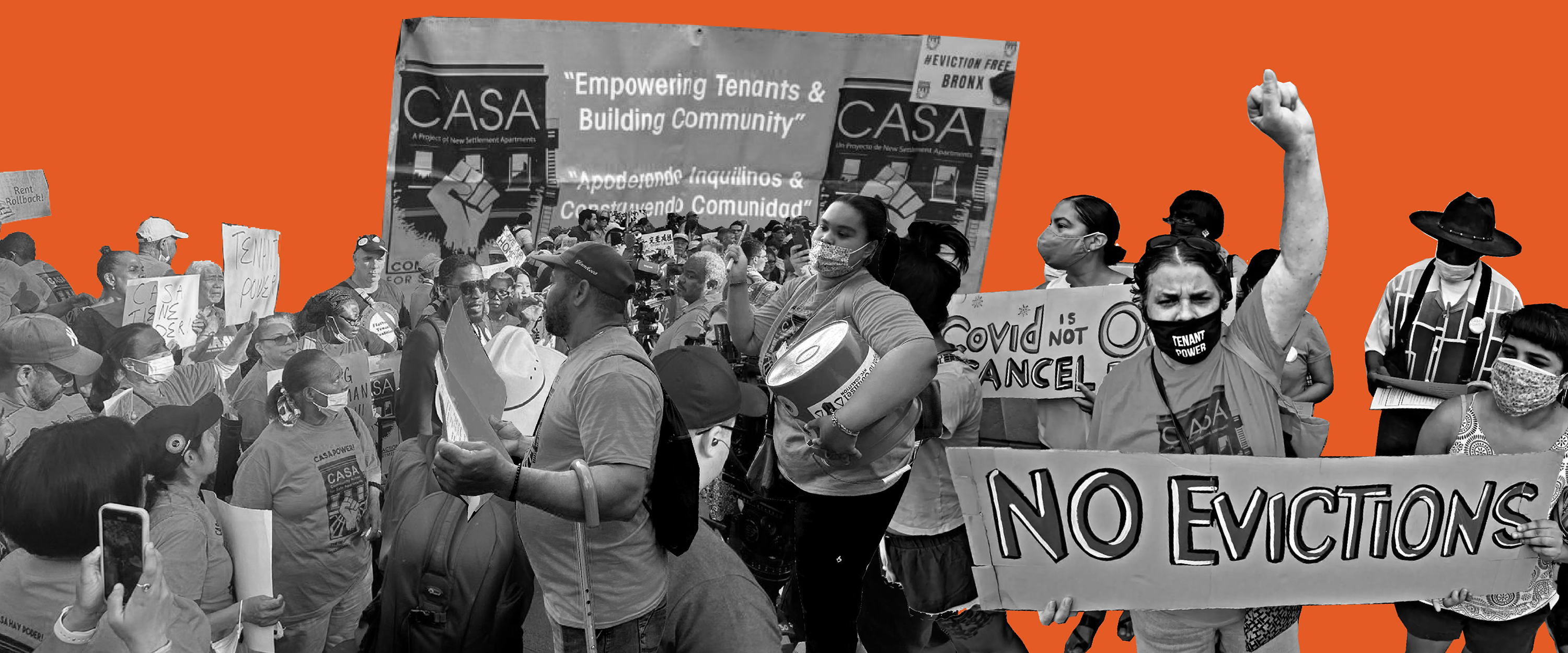
About
Based in the Southwest Bronx, CASA (Community Action for Safe Apartments) is a tenant organizing initiative of the non-profit organization New Settlement. Since 2005, CASA has represented and mobilized thousands of local rent-stabilized tenants for the preservation and improvement of the area’s affordable housing stock and, more broadly, for housing justice in New York City and beyond.
CASA is guided by the principle of community ownership: local tenants make up both its membership and leadership. They are responsible for informing CASA’s work in all its aspects, from deciding on the agenda items of regular meetings to determining the priorities and strategies of public campaigns. To facilitate this member-led work in a diverse community, CASA also practices what it calls “language justice”: its meetings offer simultaneous Spanish-English translation, and all its campaign materials are made available in both languages.
CASA’s work is based both on the formation of tenant associations in different buildings and on the organization of public campaigns for housing justice. CASA organizers knock on local tenants’ doors block by block, listen to the housing issues they are facing (from unsafe structural conditions to different forms of landlord harassment), educate them about their rights, and support their organization into tenant associations to claim their rights. CASA members and leaders also identify the pressing legal and policy housing issues impacting their community and strategize for change, often in coalition with other organizations.
Through its grassroots and campaigning work, CASA has played a key role in shaping local and national struggles for housing justice. It has decisively contributed to yearly campaigns against rent increases for rent-stabilized apartments with the Rent Guidelines Board, including in the 2015 historic approval of the first rent freeze in the board’s history. CASA has spearheaded multiple campaigns for the protection of the rights of tenants living in rent-stabilized apartments, such as the campaign against Major Capital Improvements, and it was part of a broader movement pressing for the 2019 Housing Stability and Tenant Protection Act. CASA was a galvanizing force in the coalition campaign for a participatory rezoning of Jerome Avenue between 2015 and 2017. It has also promoted important reforms in housing court to counter the power imbalance between landlords’ attorneys and unrepresented tenants.
But CASA is perhaps best known for being a leading voice in the campaign for low-income tenants’ right to counsel. Their concerted and coalition-based efforts paved the way for the 2017 signing of the Local Law 136 (also known as the Universal Access Law), which made New York City the first US jurisdiction to guarantee low-income tenants facing eviction access to free legal representation in the city’s housing courts. Since obtaining this major victory, CASA has pushed for its implementation through the adequate funding of legals service providers and for the passing of a state-wide right to counsel legislation. During the covid-19 pandemic, CASA joined calls for a ban on evictions and launched a campaign envisioning and strategizing for an eviction-free Bronx.
This oral history project gathers the experiences and perspectives of CASA leaders who have been at the forefront of these and many other mobilizations for housing justice. Their stories attest to the transformative power of grassroots organizing, from the mundane acts of care among neighbors to the spectacular collective feats, from improvements in the physical conditions of an individual member’s apartment to the achievement of progressive legal and policy changes. Perhaps these transformations, big and small, are what make up the watchword members proudly intone in their marches across the city: CASA Power.
Oral Histories
Values, Purpose, and Methods
The CASA Oral History Project aims to record, preserve, and share CASA’s history of activism for housing justice. It seeks to disseminate the lived experiences, deep knowledge, social criticism, and visions for change of CASA’s leadership. By doing so, it hopes to increase the visibility of the initiative so that others similarly impacted by or concerned with housing injustice can be inspired to get involved, and so that researchers, elected officials, and policymakers can learn from the perspectives and propositions of the New Yorkers in the front line of the city’s intractable housing struggle. The project also aims to support CASA’s ongoing work in terms of facilitating a reflection on its past as a tool for strategizing in the present and future.
The project began in the winter of 2023, when Diana Zacca Thomaz, then a postdoctoral fellow at the Zolberg Institute for Migration and mobility at The New School, approached CASA’s leaders and then-director Yeraldi Perez about their potential interest in co-developing an oral history of CASA. Diana had previously established a relationship with CASA through a service learning partnership for a course she taught at The New School. The preparation of the project involved multiple meetings with CASA leaders and staff members over the purpose, content, and methods of the project. After CASA leaders had selected the narrators that would feature in the project and an interview guide and protocol were developed, most interviews were conducted in person in the Bronx in April of 2023 thanks to the logistical coordination of Yeraldi Perez, with some interviews taking place later and online with the coordinating support of Hal Bergold as CASA lead organizer.
Team and Collaborators
The key people driving this collective project are the narrators themselves. Their willingness to share their experiences, narratives, and knowledge have made this project possible and meaningful in the first place.
Other relevant collaborators are Diana Zacca Thomaz, Assistant Professor of Sociology at the University of Amsterdam, and Gabriela Rendón, Associate Professor of Urban Planning and Community Development at The New School. Diana proposed the oral history project, facilitated its planning, conducted the interviews in English, and produced their respective materials (transcripts, indexes, and summaries) available on the website. Gabriela Rendón welcomed CASA’s Oral History Project under the umbrella of the Housing Justice Oral History Project, offering support with the project’s planning and execution.
Gabriela Rendón and her research assistant Xavier Moysén Alvarez, PhD Candidate of Sociology, conducted the interviews in Spanish, whose materials were then processed by research assistant Silvia Castro, graduate student at the Strategic Design and Management program. The project also relied on the oral history expertise and guidance of Lynn Lewis. Finally, Natalia Shevin, fellow at the Urban Democracy Lab at NYU, contributed to the project by coordinating her students of the course teach Rent, Tenants, and Housing in 20th Century New York City at NYU in the Spring 2024 to process the transcripts of the English interviews.
Overarching Themes
- Land and Housing Rights
- Gentrification
- Resistance Relationships
- Tenants' Rights
- Right to Counsel
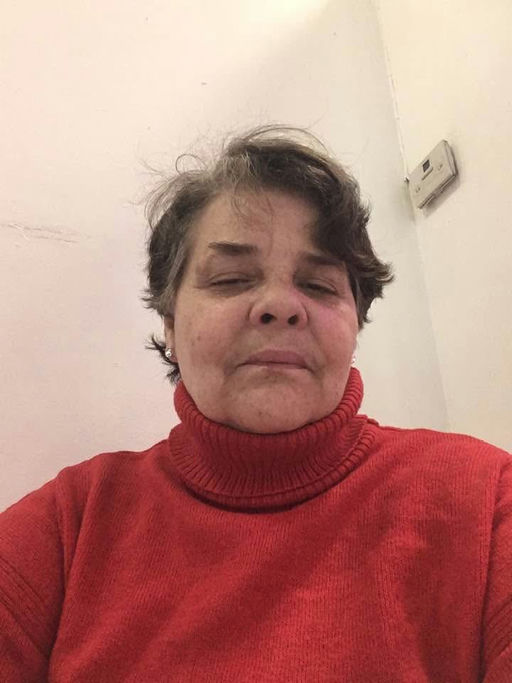 Kim Statuto
Kim Statuto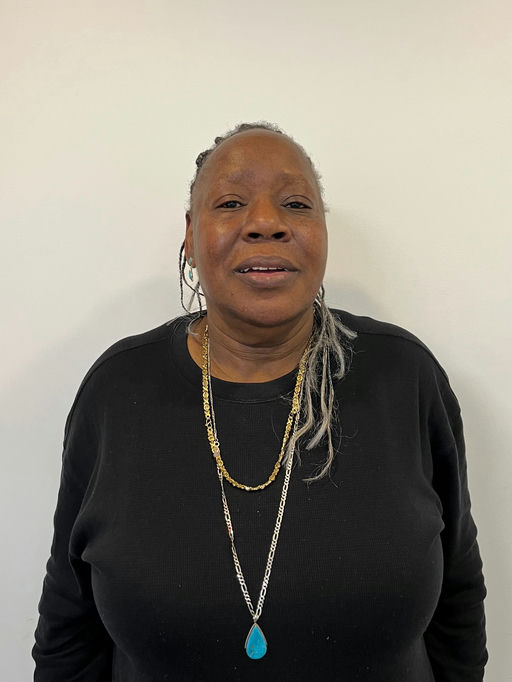 Marilyn Mullins
Marilyn Mullins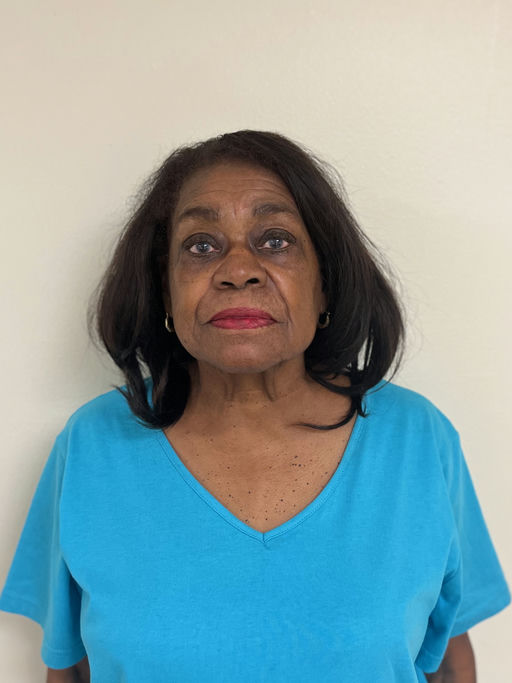 Mildred James
Mildred James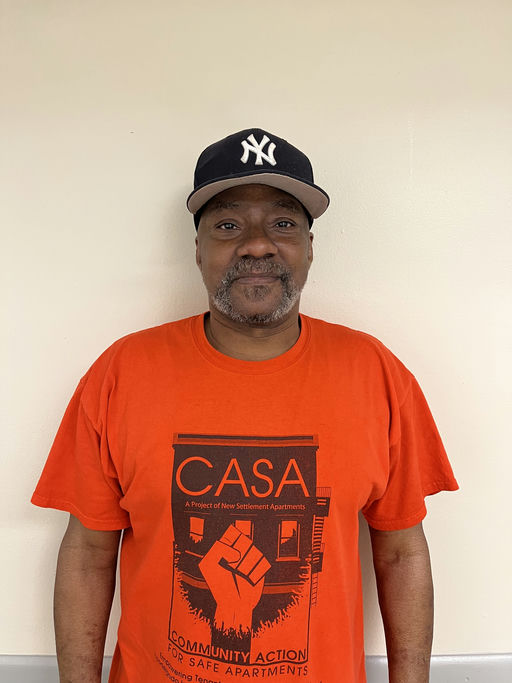 Randy Dillard
Randy Dillard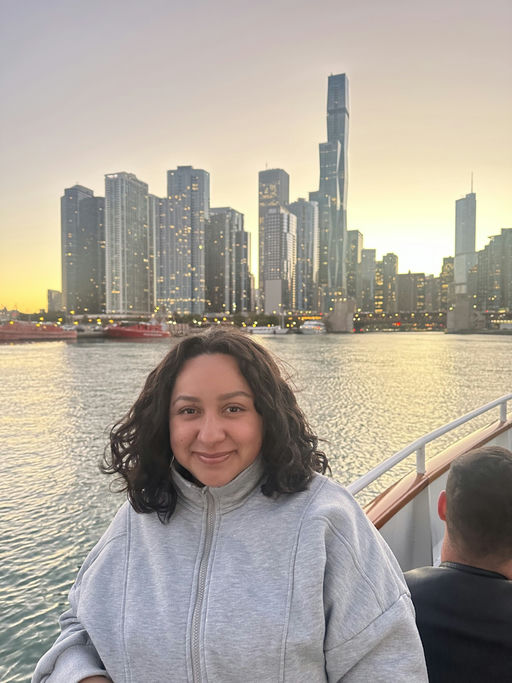 Yeraldi Perez
Yeraldi Perez